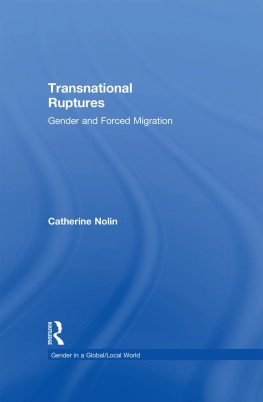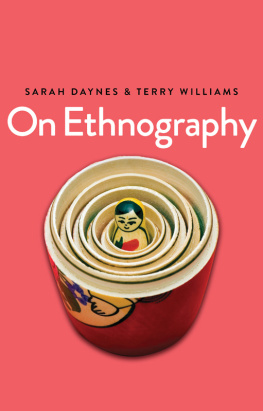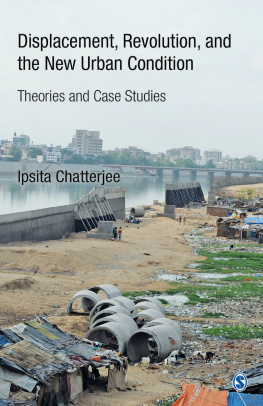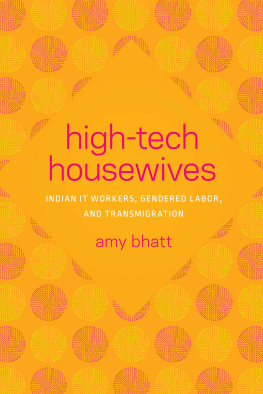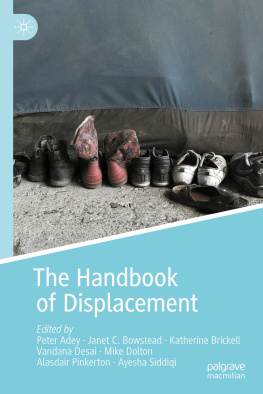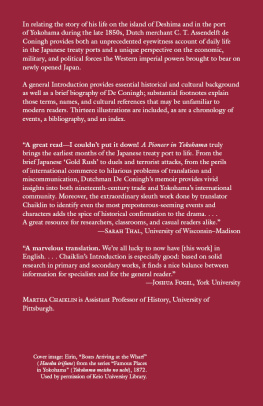Doing Ethnography in the Wake of the Displacement of Transnational Sex Workers in Yokohama
Doing Ethnography in the Wake of the Displacement of Transnational Sex Workers in Yokohama reflects on the politics, poetics, and ethics of remembering the lives of transnational migrant sex workers in postcolonial Japan. Drawing on ethnographic fieldwork in the port city of Yokohama, the book focuses on the water trade in the Koganecho neighbourhood where exploitative and stigmatised labour took place, involving sexual services performed by migrant women. In recent years, the city has sought to rebrand Koganecho, evicting transnational migrant sex workers who had been integral to postindustrial development and erasing their past presence. The author explores Yokohamas memoryscapes in the aftermath of displacement through embodied knowledge, engaging her senses and ethics as a colonizer-researcher as she navigates the elusive past through traces that remain in the present. She examines the citys built environment, official historical narratives, films, and photographic works. With few brothels and workers remaining, Yoshimizu fills the gap with her own interactions, encounters, and imaginings. Yoshimizu also writes through the imagery of water in ways that are informed by the local usage and imaginationsthe ocean, flowing rivers, swamps, humidity, alcohol, the fluidity of relationships, and transient lives. The water also offers a way to sense the ghost, or the displaced lives and the effects of displacement, that, like humid air, stick to those who occupy or inhabit the site of displacement today. This interdisciplinary work makes a valuable contribution to sensory studies, memory studies, migration studies, and Asian studies.
Ayaka Yoshimizu is Assistant Professor of Teaching in the Department of Asian Studies at the University of British Columbia, Canada.
Sensory Studies
Series editor: David Howes
This series comprises cutting-edge case studies and syntheses in the emergent field of sensory studies. It provides an invaluable resource for those involved in research or teaching on the senses as object of study and/or means of inquiry. Embracing the insights of a wide array of humanities and social science disciplines, the field of sensory studies has emerged as the most comprehensive and dynamic framework yet for making sense of human experience. This series offers something for every disciplinary taste and sensory inclination.
Food and Multiculture
A Sensory Ethnography of East London
Alex Rhys-Taylor
Heritage Formation and the Senses in Post-Apartheid South Africa
Aesthetics of Power
Duane Jethro
Race and the Senses
The Felt Politics of Racial Embodiment
Sachi Sekimoto, Christopher Brown
A Sensory Education
Anna Harris
Sounding Out Japan
A Sensory Ethnographic Tour
Richard Chenhall, Tamara Kohn and Carolyn S. Stevens
Doing Ethnography in the Wake of the Displacement of Transnational Sex Workers in Yokohama
Sensuous Remembering
Ayaka Yoshimizu
https://www.routledge.com/Sensory-Studies/book-series/BLANTSS
Doing Ethnography in the Wake of the Displacement of Transnational Sex Workers in Yokohama
Sensuous Remembering
Ayaka Yoshimizu
First published 2022
by Routledge
2 Park Square, Milton Park, Abingdon, Oxon OX14 4RN
and by Routledge
605 Third Avenue, New York, NY 10158
Routledge is an imprint of the Taylor & Francis Group, an informa business
2022 Ayaka Yoshimizu
The right of Ayaka Yoshimizu to be identified as author of this work has been asserted by her in accordance with sections 77 and 78 of the Copyright, Designs and Patents Act 1988.
All rights reserved. No part of this book may be reprinted or reproduced or utilised in any form or by any electronic, mechanical, or other means, now known or hereafter invented, including photocopying and recording, or in any information storage or retrieval system, without permission in writing from the publishers.
Trademark notice: Product or corporate names may be trademarks or registered trademarks and are used only for identification and explanation without intent to infringe.
British Library Cataloguing-in-Publication Data
A catalogue record for this book is available from the British Library
Library of Congress Cataloging-in-Publication Data
A catalog record has been requested for this book
ISBN: 978-0-367-69358-9 (hbk)
ISBN: 978-0-367-69360-2 (pbk)
ISBN: 978-1-003-14150-1 (ebk)
DOI: 10.4324/9781003141501
Typeset in Sabon
by MPS Limited, Dehradun
For displaced sex workers and their children.
Contents
Introduction: Sensuous remembering
PART I
Building history on a vacant land
Re-membering Shitamachi water trade
Politics of memory in Koganecho
PART II
Following the ghost, entangled with lives
Along the river, under the railway
Across the river
An opening (by way of conclusion)
- Port of Yokohama
- 1.1 Minato Mirai 21
- 1.2 Kannai
- 2.1 Kangai #1
- 4.1 Kangai #2
- 5.1 Keikyu Line railway overpass in Koganecho, Yokohama, looking from across the Ooka River
- 5.2 Former chon-no-ma storefronts, Koganecho, Yokohama
- 5.3 Former chon-no-ma alley, Koganecho, Yokohama
- 5.4 The Keikyu Line railway overpass, between Hinodecho and Koganecho Stations, Yokohama
- 5.5 The Ooka River, Koganecho, Yokohama
- 6.1 The Sueyoshi Bridge, looking from the Ota Bridge, Koganecho, Yokohama
- 6.2 A parking lot near the Ooka River, Yokohama
- 6.3 Phone booth along the Ooka River, Yokohama
First and foremost, I acknowledge all the migrant women, who worked and lived in and then were displaced from Koganecho, a former brothel district in Yokohama, in which I carried out my research. My book reflects on the displacement of those women, and I recognize that it was also the fundamental condition that enabled my access to the site and my fieldwork research. I also acknowledge people whom I met in Yokohama during my fieldwork, who dedicated their time, insights, and labour to me so that I could produce my research materials and write this book. My encounters with them changed the way I imagined, felt about, and related to Yokohama and the way I pursued my research. While I am unable to identify most of the individuals I am indebted to with their real names to protect their privacy, I want to express my gratitude especially to the following people (in pseudonyms): Master of Cups for Few; Master of Tunes Teahouse; Master of Admiral Pub; Mama, Master, and Meaw-san at Khai Restaurant; Mama and Master at Maenam Restaurant; Mama and Shin-san at Pub Mary; and Mama of Diner. I would also like to thank the following people from local non-profit organizations, who spoke to me earlier during my fieldwork to share their knowledge of the life and work conditions of transnational migrants in Yokohama: Ms. Makiko Ando and Mr. Yoshitsugu Ueda (Volunteers, Kalabaw-no-kai), Ms. Machiko Chikada (Director, Terra People Act Kanagawa), and Ms. Motoko Yamagishi (Co-Director, Kalakasan Migrant Women Empowerment Center).
This book is a product of my eight years of doctoral work at Simon Fraser University (SFU). My former home department, the School of Communication, taught me how to engage with the world critically and how to politicize cultural and communicative processesto see everyday meaning making as a matter of politics and a site for social change. I thank the faculty, the staff, and my colleagues at SFU for creating an inspiring, safe, and respectful learning environment. I would like to take this opportunity to thank Jason Congdon, Lucie Menkveld, Neena Shahani, Amy Soo, and Denise Vanderwolf for their everyday administrative work and support. You made me feel at home on campus. I want to thank Daniel Ahadi, Dorothy Christian, Pat Feindel, Mirjam Gollmitzer, Helen Kang, Maryam Kiani, Marcos Moldes, Nawal Musleh-Motut, Rima Noureddine, Milan Singh, Itrath Syed, and Sherry Yu for being intelligent, empathetic, and supportive colleagues. Special thanks go to Julia Aoki, my former research partner in another research project, for her intellectual engagement and editorial suggestions on my earlier draft.



